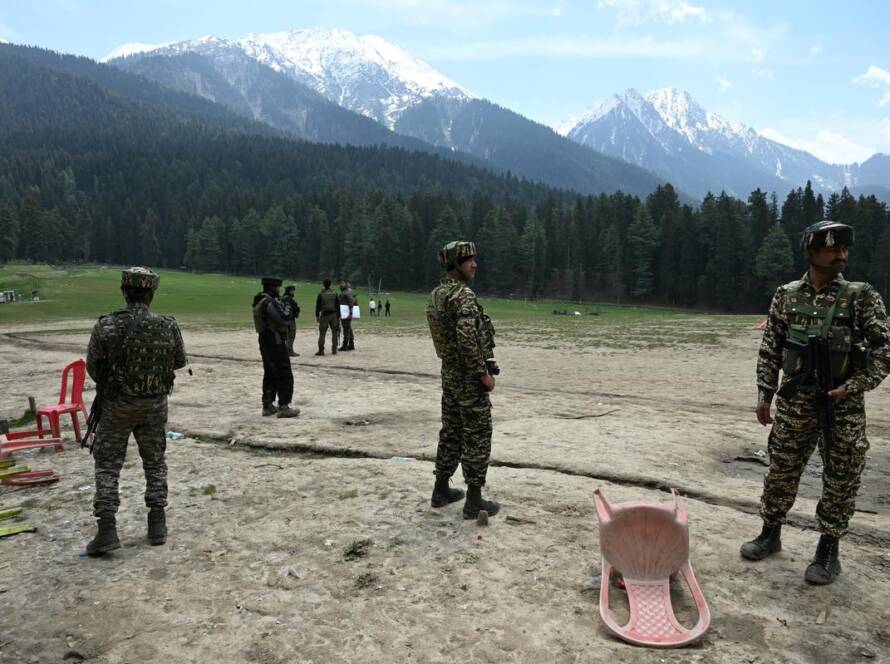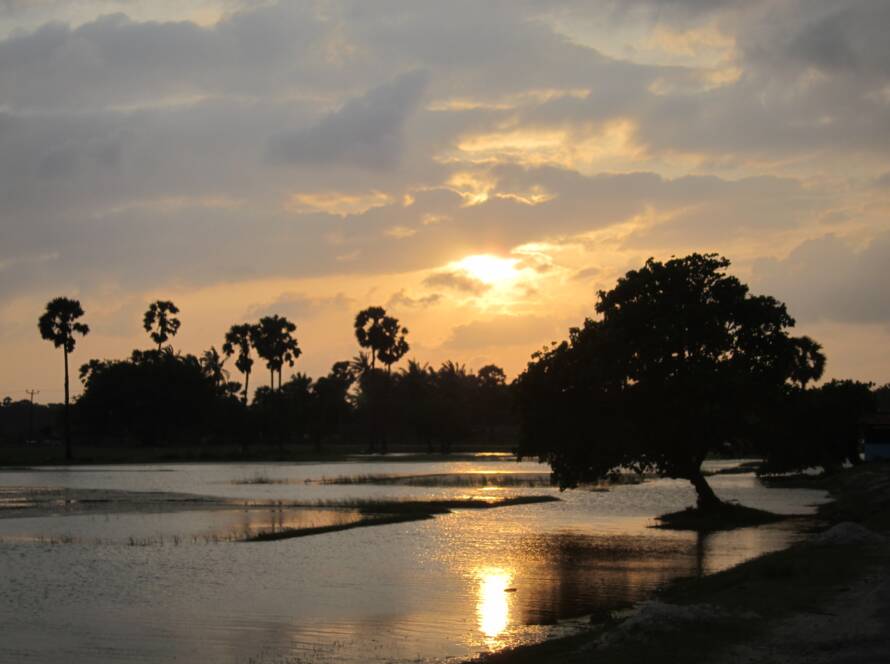By Dr Dayan Jayatilleka
With the Ukraine war, which is actually a proxy war between NATO and Russia, in full swing, one cannot but help look back at how Russia got here. I had tried to pay a call on Mikhail Gorbachev while serving as Sri Lanka’s Ambassador to Russia, but had failed in my attempt because he was ill and wasn’t receiving visitors.
I had visited the USSR many times in the 1960s and 1970s as a boy in the company of my parents, because my father was a journalist who specialized in international affairs. My last visit before my posting as ambassador had been as an independent adult, in the summer of 1985.
That was as a guest to the World Festival of Youth and Students. Ranil Wickremesinghe and I were accommodated in the same hotel next to the Red Square. So were Angela Davis (whom I used to see across the hall at breakfast) and Sandinista comandante Omar Cabezas, author of Fire from the Mountain (whom I interviewed and last met in Geneva in 2009). Vijaya Kumaratunga (who picked out a kurta for me while in transit to Moscow) led the Sri Lankan youth delegation, which was housed in the Hotel Ismailova.
Though it was summer (June-July), it was springtime for Soviet socialism and, it seemed, for world socialism. Within six years, it was the dead of winter, literally and metaphorically. Soviet socialism was dead. The Soviet Union was abolished. Socialism was dead in Russia and socialism as a system was dead, never to be resurrected either in Russia or anywhere in the world except in Cuba (where it never died), though the socialist movement and project have been strongly, successfully, revived especially in Latin America.
Six years. I’ve tried to grapple with the sheer verticality of the fall in my book The Fall of Global Socialism: A Counternarrative from the South.
Mikhail Gorbachev is neither the hero nor the villain of that story, but a tragic protagonist.
Watching Mikhail Gorbachev at the World Festival of Youth and Students in the Summer of 1985, I had a thought which I later recorded in an article in The Island (Colombo). I felt, and wrote, that “at last we have a Soviet leader we do not have to be embarrassed about.”
I was born in the year of the 20th Congress of the Communist Party of the Soviet Union (CPSU), 1956. For my generation of the global community represented at the World Festival of Youth and Students, the only Soviet leader of our lifetime who could be admired was Yuri Andropov, and his tenure at the top was a tragically short episode.
Two years after the 1985 World Festival, at the commemoration of the 70th anniversary of the October Revolution, Fidel Castro was prophetically warning in Moscow that “one day we may awake and find that the Soviet Union has disappeared.” He added that he wouldn’t be surprised. Something had begun to go very wrong. By 1991, Fidel’s prophecy had come true.
So much has been said about Gorbachev and so much can be said, but I wish to focus on only one point, one question. Why did he and his team take one road at the crossroads, when there was clearly another to take; another one that may not, would probably not, have wound up at the same place?
For a while Gorbachev gave the global Left the moral high ground. Leftists were pointing to the USSR and contrasting the dramatic, peaceful change with the rigidity and coup-making tradition of the part of the world under the hegemony of the West.
Furthermore, Gorbachev broke down all the walls on the global Left, permitting the free interplay of all traditions which had been at civil war with each other. Bukharin was rehabilitated, social democracy and Communist parties were embracing each other. The World Festival of 1985 was a rainbow of the Left.
I listened to Miguel Marmol, a Communist leader of the people’s insurrection under the iconic Farabundo Marti in El Salvador in 1933, and the subsequent counter-revolutionary bloodbath. I interviewed Kurt Julius Goldstein, German Jewish Communist, veteran of the Spanish Civil War, survivor of Auschwitz and Buchenwald and head of the World Federation of Anti-Fascist Resistance Fighters. I conversed with young militants of the Manuel Rodriguez Patriotic Front (FPMR) which united the survivors of the Chilean MIR with the leftwing of the Chilean Communist party and launched an abortive assassination attempt on Chilean dictator Augusto Pinochet the next year, 1986.
With the breaking down of doctrinal walls which I witnessed in the Summer of 1985, the reform process in the USSR had a rich storehouse of ideas and concepts to draw on, which had been locked in separate vaults, inaccessible for decades. These were the ideas of “market socialism” from the USSR itself but even more so from Eastern Europe.
Within the tradition of dissent in the USSR there were three trends. One was the frankly pro-western (Sakharov), the second was anti-Soviet traditionalist (Solzhenitsyn) and the third was socialist (the Medvedevs). For a brief period, there was a surfacing of the third trend and a flourishing of interpretations of Lenin which focused on post-1920, his last years. In short, the ethos seemed to be an “open socialism” in an “open Soviet Union.”
This was summed-up in the very wording of the proposition put to the Soviet people in early 1991 at a referendum. It was carried by a handsome majority.
How then did that endorsement by the people turn into ashes by the end of that very year 1991? I wish to point to a factor other than the farcical coup attempt: a paradoxical choice that Gorbachev and his team made.
I cannot pin down a date or even a year but somewhere along the line, two interconnected changes of track were made, amounting to what would be called a ‘deviation’ in the old lexicon.
The first was ideological and domestic. There was a permeation between ideas of a reformed socialism and a political identity of an open, democratic Left, on the one hand, and on the other, ideas of capitalism liberal democracy and worse, Western rightwing ideology. To put it bluntly, the goals and ideas of a reformed socialism in the realm of economics, were increasingly subverted and displaced by ideas of free-market capitalism and nihilism towards the state.
The counter to this rightwing deviation came from conservative Soviet Marxists like Nina Andreyeva and Yegor Ligachev, whose time had come and gone. There was no one who fought back on the basis of the original program and promise of socialist modernity of 1985-1987.
The second paradoxical choice was in the realm of foreign policy and external relations. In the 1980s the USSR had the option of reaching out to the Social Democrats in the west and elsewhere as the primary allies of the reform Communists who were also strong in parts of Europe. Even in Eastern Europe, there were renovated, reformist socialist trends that had arisen, though they were not preponderant. The USSR under Gorbachev also had the sympathy of a strong peace movement in the West.
In what was probably the biggest blunder made by Gorbachev, he bypassed or downgraded this proximate option of an alliance with the social democrats, the Communists and the peace movements, and instead flung himself into an embrace with Reagan and Thatcher, who were hardly sympathetic to his project of a reformed socialism.
The Mikhail Gorbachev I saw and applauded in July 1985 in Moscow at the World Festival of Youth and Students had disappeared, only to be replaced by a naïve fellow-traveller of the most hawkish, anti-Soviet leaderships of the West.
The Soviet tragedy was avoidable. It is interesting that Fidel Castro refused to regard Gorbachev even in retrospect as anything but sincere, though profoundly in error. Fidel told the Sandinista Commander Tomas Borge, that the end of the Soviet Union was a case of “suicide, not homicide.” Mikhail Gorbachev was a tender-minded tragic figure, who, by his inexplicable confusion and conversion, assisted that suicide of a superpower.
Dr Dayan Jayatilleka is the author of “The Fall of Global Socialism: A Counternarrative from the South” (Palgrave Macmillan, London, 2014), and “Fidel’s Ethics of Violence: The Moral Dimension of the Political Thought of Fidel Castro” (Pluto Press, London, 2007).
Factum is an Asia Pacific-focused think tank on International Relations, Tech Cooperation and Strategic Communications accessible via www.factum.lk.


